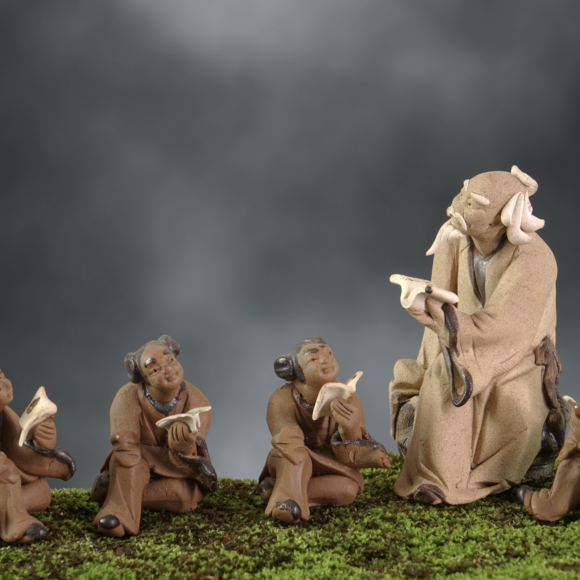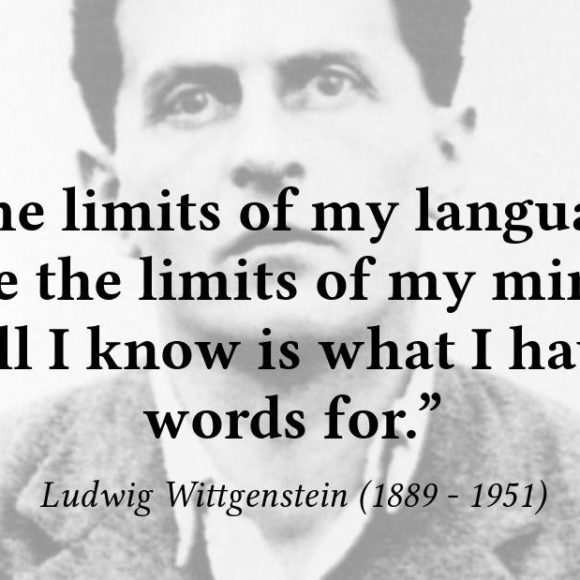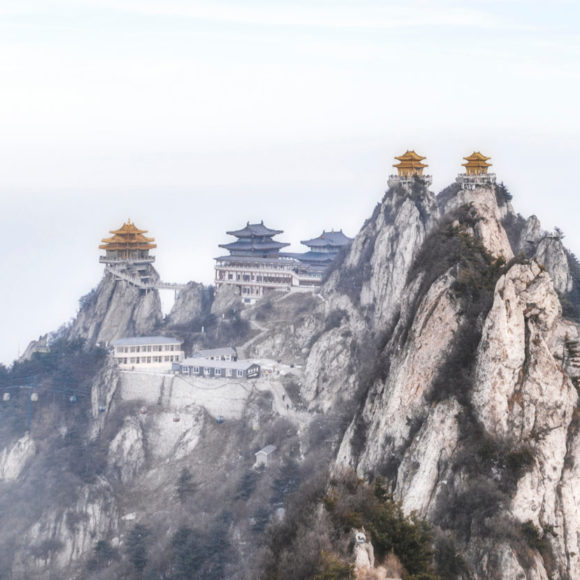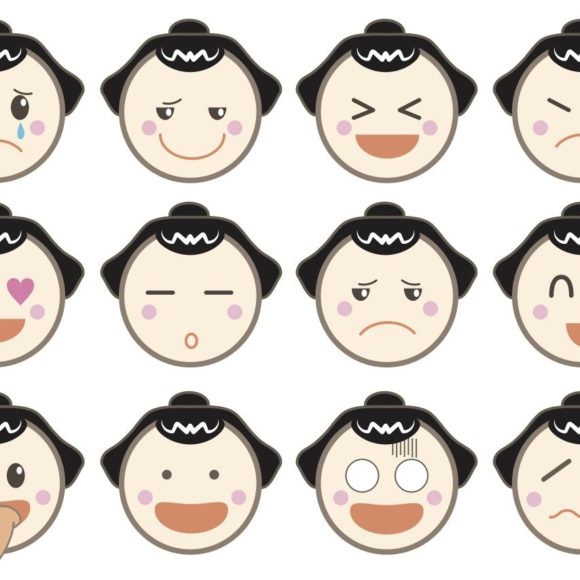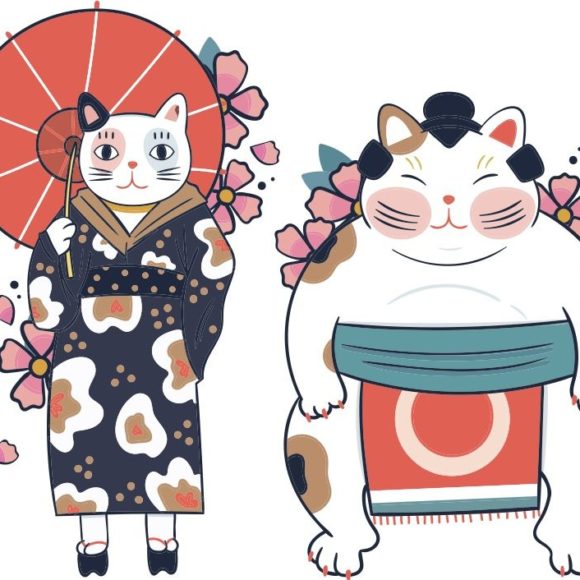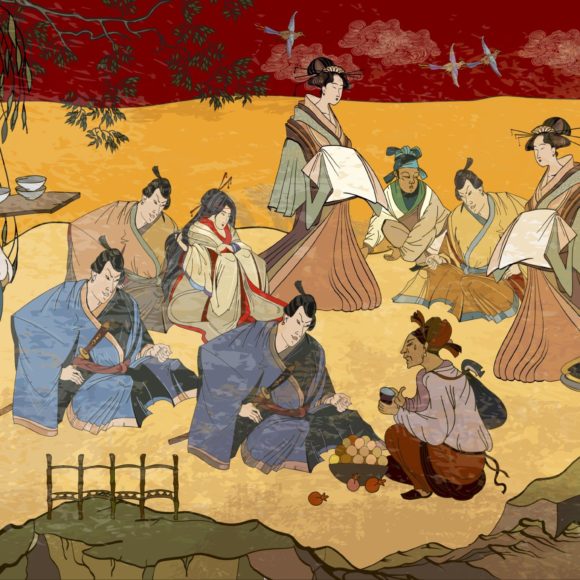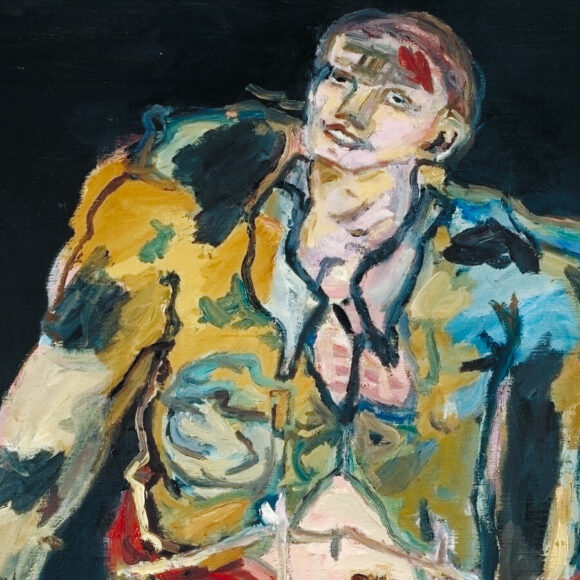In this talk, we aim to introduce basic forms of Chinese ancient poetry. More importantly, let's explore how ancient Chinese express emotion and thoughts via selected poems. We will also explain how Chinese ancient poetry continues to shape and guild modern ways of life.
Author: thedifferentlevel (inna Didenko)
Language, culture and our minds: can we ever be free?
By examining the relationship between language and culture, this talk challenges the notion of 'free' and invites everyone to reflect on the social and cultural limitations and constraints which we grow up with.
The Use of Smartphones: technological consumption and culture
The use of smartphones is a modern phenomenon reflecting our attitude towards consumption, technology and cultural change. Starting with a general observation of cultural change in terms of consumption in China, this talk then takes the use of smartphones as an example, to share original perspectives deriving from a global and comparative research project.
Inner Peace: perspectives from religion and philosophy in China
In this talk, we explore the meaning of 'inner peace' through perspectives from established religion and philosophy in China such as buddhism and taoism. It aims to provide some insights on how inner peace is understood and practiced in China. It also highlights some challenges or barriers to our inner peace in modern life.
What Makes Us Human: Unique Emotions in Japanese Language.
This talk will bring you a small selection of words expressing human feelings in a very Japanese way. Get ready to connect to an intimate part of your own feelings. Words like yūgen, natsukashii, omotenashi, giri, akogare or wabi-sabi have subtle shades of meaning. We invite you to see what makes us human and to experience delicate states of mind.
Japanese Social Hierarchy: Order or Constraint?
There is a belief that a true democracy is not possible without equality and equality assumes absence of hierarchy. And at the same time, Japan offers us a different example of a working system which values subordination, democracy, duties and roles. This talk is designed to explore a possibility to see structure and constraints as a critical part for understanding freedom.
Consumption of Space and Time in Japanese Aesthetics
In this talk, Azumi will take you on a journey and discuss a concept of Ma (time and space in-between, a Confucius concept of the space between the edges, between the beginning and the end, the space and time in which we experience life), a perception of space in Japanese households and what arts mean to Japanese society. We will explore ideas of beauty as intellectual endeavors through mastery of Geisha and see how Japanese aesthetics and consumption of arts relate to everyday life.
Finding Inner Peace with Japanese Haiku
Japanese philosophy Yasuragi teaches us to take a moment and be present, to notice wonders we are surrounded with. Contemplating nature or experiencing a cup of tea - every moment can bring peace to our minds. Haiku poems do exactly that: they are odes to mundane, a moment of gratitude to the transient present. Join our talk on Japanese philosophy Yasuragi and explore Haiku poems as a way to find harmony and peace.
Freedom of Speech: Art as a forum for discussion
We will look at artists who use their art to hold a mirror to society and expose problems or issues around them. I'm going to bring in themes like Feminism, Black lives matter etc.
German Postwar Art: on Identity, Belonging and Peace
This session looks at how artists visualised the true aftermath of conflict: the raw emotions, the physical scars and the hope for peace. Shedding light on some of the most renowned artists of the 20th century, we will focus heavily on German artists - Gerhard Richter and Georg Baselitz.

